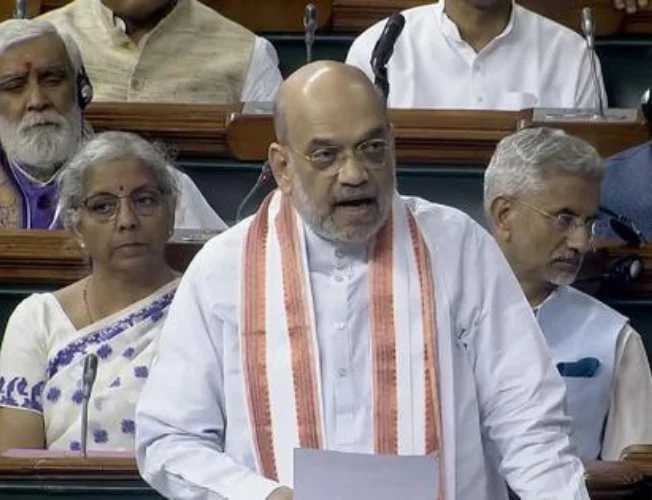The Indian government, led by Prime Minister Narendra Modi, presented a bill aimed at combatting cheating and unfair practices in public examinations. Titled the Public Examinations (Prevention of Unfair Means) Bill, 2024, it seeks to instill transparency, fairness, and credibility in public examination systems while ensuring the genuine efforts of students are duly recognized and rewarded.
Objectives of the Bill
The primary objective of the bill is to enhance transparency and fairness in public examinations, thereby safeguarding the future of the youth. By deterring individuals, groups, or institutions from engaging in unfair means to manipulate examination outcomes, the legislation aims to uphold the integrity of the examination process.
Offences Identified
The bill identifies a range of unfair means and offences during public examinations, including leaks of question papers or answer keys, unauthorized access to examination materials, providing unauthorized assistance to candidates, tampering with answer sheets, and manipulating examination arrangements.
Scope of the Law
The legislation applies to various public examinations conducted by government bodies such as the Union Public Service Commission (UPSC), Staff Selection Commission (SSC), Railway Recruitment Boards (RRB), and other authorized agencies for recruitment purposes.
Punishments for Offences
Offences under the bill are cognizable, non-bailable, and non-compoundable. Individuals found guilty of unfair practices face imprisonment for a minimum of three years, extendable up to five years, along with fines of up to ten lakh rupees. Service providers facilitating cheating may be fined up to one crore rupees and barred from conducting examinations for four years.
Enhancing Legal Measures
The bill strengthens legal measures against cheating by imposing strict penalties on offenders, including directors and senior management of service provider firms found complicit in organized cheating activities. In cases of organized crime, the punishment includes imprisonment for a minimum of five years, fines of at least ₹1 crore, and additional penalties for defaulting on fines.
Conclusion
The introduction of the Public Examinations (Prevention of Unfair Means) Bill, 2024, underscores the government’s commitment to ensuring the integrity of public examinations and protecting the interests of students. By imposing stringent penalties on offenders and enhancing legal provisions, the bill aims to uphold the credibility and fairness of the examination process across various sectors.
Read more.. Marketing News, Advertising News, PR and Finance News, Digital News.





